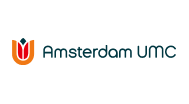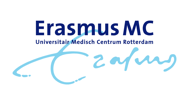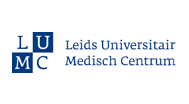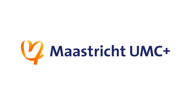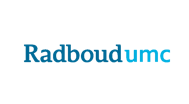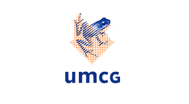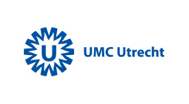Regional training opportunities for the doctors of tomorrow
Advanced medical-specialist training is being offered increasingly often in regional networks with multiple training institutions. This enables doctors training to be specialists (aios in Dutch) to make optimal use of the knowledge and expertise in the region. It demands a broadly supported vision of the regional training opportunities. Umcs and hospitals, aios and medical specialists have joined forces to accomplish this.
Learning from and with each other
Together, De Jonge Specialist (DJS), Dutch Hospitals Association (NVZ), Samenwerkende Topklinische Ziekenhuizen (STZ), Federation of Medical Specialists and the Netherlands Federation of Academic Medical Centres (NFU) have developed a vision for regional training. Prof. Jacqueline de Graaf, chair of the national work group Regionaal Opleiden [regional training] and director of Advanced Medical Training at Radboudumc, explained, “Transparent, cooperative and equivalent. Those were the starting points that we worked with together to create a vision for regional training. Now there are a broadly supported vision document and a practical handbook available, which represents a huge step forwards in making regional training future-proof.” The work group is calling on aios, trainers and managers to keep supplying feedback, best practices and brilliant failures. Because we learn from and with each other.
Customised training plan
Anu ter Haar, Paediatric Medicine aios and secretary of DJS, added, “It is good that there is now a vision with a practical handbook about regional training. For aios this is a great opportunity to utilise all the possibilities offered regionally, for example, the differentiation internships. Aios can design their individual training plan better to become the medical specialist that they want to be.”
Questions and practical tips
The vision document and the handbook are inspiring and practical. What does regional training mean for hospitals and umcs and for the quality of the advanced medical-specialist training? How can continuity be assured in the training? Will the trainers be able to monitor all the aios? There are also practical tips for organising regional advanced medical training.


